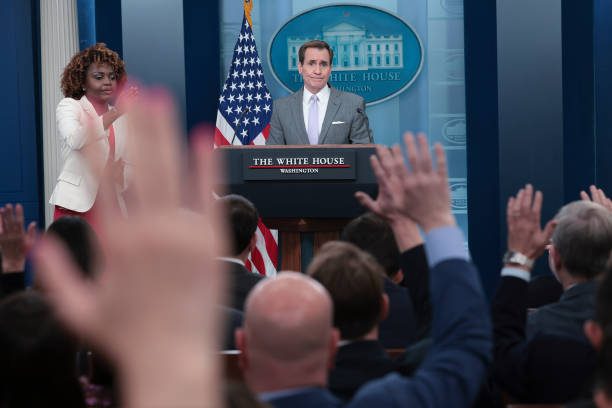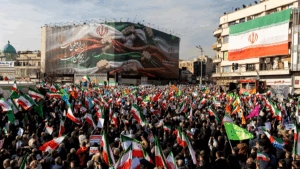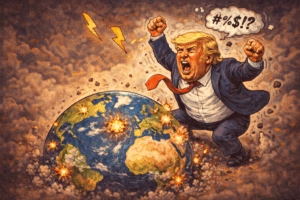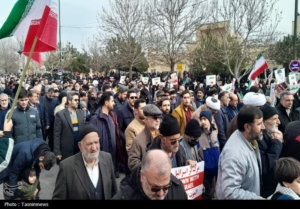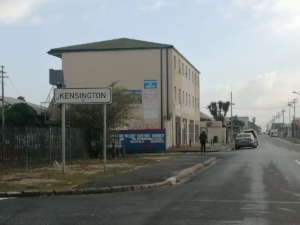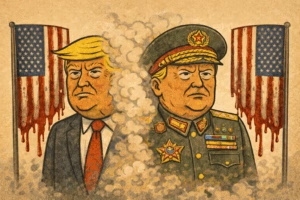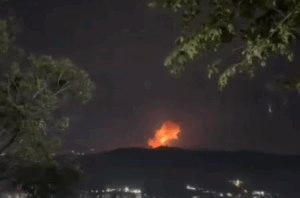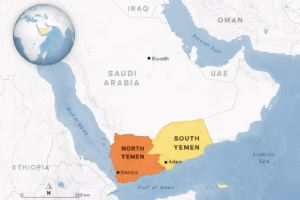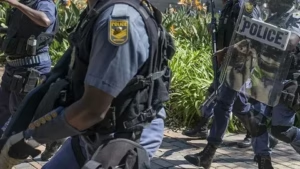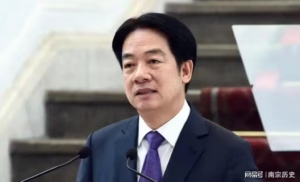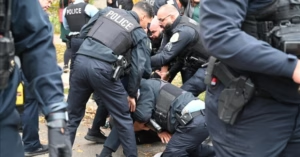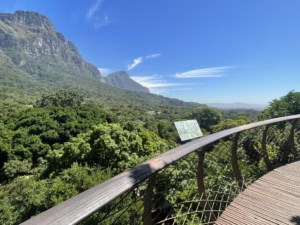Venezuelan Foreign Minister Ivan Gil Pinto has sharply condemned the United States for what he described as blatant “piracy,” following the US decision to seize a plane frequently used by Venezuelan President Nicolas Maduro.
Earlier this week, the US Department of Justice (DOJ) confirmed reports that agents had seized a Dassault Falcon 900EX aircraft, which is allegedly tied to Maduro and his close circle. The aircraft was reportedly seized in the Dominican Republic and later transferred to Florida at the request of US authorities. According to Washington, the plane was “illegally purchased for $13 million through a shell company and smuggled out of the United States,” violating export control and sanctions laws.
The DOJ claimed that the aircraft was acquired via a Caribbean-based entity and sent to Venezuela in April 2023. Since then, it has allegedly been utilized by Maduro’s administration, including for the president’s international travel, the department stated.
Gil Pinto responded by characterizing the move as “a repeated criminal practice that cannot be described as anything other than piracy.” He further accused the United States of “illegally confiscating an aircraft that has been used by the president of the republic” and criticized Washington for imposing sanctions unilaterally.
“The US illegally confiscated an aircraft that has been used by the president of the republic, justifying themselves with the coercive measures that they unilaterally and illegally impose around the world,”
Gil said, highlighting Venezuela’s discontent with US policies.
The Venezuelan government signaled its intent to pursue legal avenues to address the situation. In a statement, it announced its readiness to “take any legal action to repair this damage to the nation, as well as all other damages caused by the criminal policy” of the US government.
The international backlash was not limited to Venezuela. Cuban Foreign Minister Bruno Eduardo Rodriguez also criticized the seizure, referring to it as “the illegal and fraudulent confiscation” of the Venezuelan leader’s plane. He accused the US of violating international law and expressed solidarity with Venezuela.
“The illegal and fraudulent confiscation,”
Rodriguez stated, reflecting broader regional disapproval of Washington’s move.
This latest development adds to the ongoing tensions between the US and Venezuela, which have been fraught with political and economic confrontations. Since 2019, the US has supported regime change efforts in Venezuela, officially recognizing Juan Guaido, then head of the National Assembly, as the interim president. Guaido, backed by the opposition, was positioned as an alternative to Maduro, whom the US government has long opposed.
In August of this year, Washington officially recognized Edmundo Gonzalez, one of Maduro’s main rivals, as the winner of Venezuela’s presidential election, further straining relations between the two countries.
Economic sanctions have been a key component of US pressure on Venezuela. These measures, some of the harshest ever imposed, restrict US businesses from engaging with Venezuelan entities linked to the government. The economic restrictions have significantly impacted the South American nation, creating ripples across various sectors and deepening the political divide.
As the US continues its policy of sanctions and regime opposition, Venezuela remains firm in its stance against what it considers acts of hostility. The seizing of the presidential aircraft is seen as a further escalation in an already contentious relationship, with no clear path to resolution on the horizon.
The dispute over the aircraft seizure highlights the broader implications of sanctions and the impact they have not only on governmental structures but also on diplomatic relations across the region. Both sides appear entrenched, with Washington showing no signs of softening its stance toward Caracas, and the Maduro government preparing to challenge the US both legally and diplomatically.
The issue raises questions about the long-term effects of sanctions on international relations and the potential fallout from what some countries view as unilateral overreach. While the US justifies its actions as necessary enforcement of international law, others, including Venezuela and Cuba, argue that these measures undermine sovereignty and global diplomatic norms.
The coming months may see more legal battles unfold as Venezuela pursues actions to reclaim its aircraft and mitigate what it perceives as unjust damage to its national assets and reputation.

